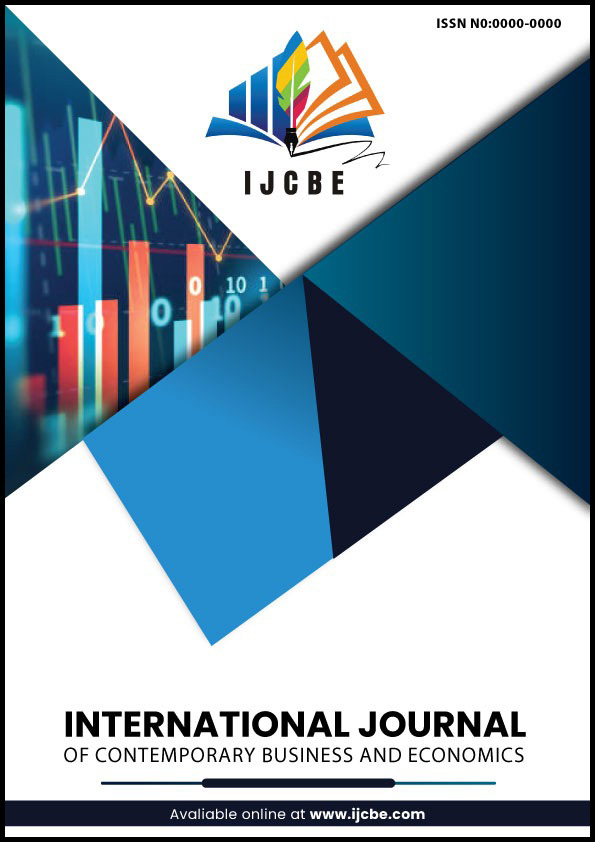Embedded Banking: An Inclusive Governance Framework for Non-Financial SMEs
DOI:
https://doi.org/10.61338/ijcbe.v3i1.55Keywords:
Embedded Banking, Embedded Finance, Economic Growth, Sustainable Development Goals, SMEsAbstract
The Small and Medium Enterprises (SMEs) account for nearly 90% of the businesses globally and play a phenomenal role in driving innovation, creating employment and achieving economic growth as a whole. As the global financial landscape continues to undergo rapid technological transformations, the Embedded Finance has emerged as a game-changer for the global corporate sector, reshaping the way financial services are delivered and consumed. Based on an extensive review of extant literature and supporting theoretical frameworks, this research presents the concept of Embedded Banking and suggests a novel Conceptual Framework for the SME sector. Drawing theoretical basis from Diffusion of Innovation (DOI) Theory and Platform Ecosystem Theory, the proposed conceptual framework suggests non-financial service provider SMEs to become an active providers of banking services to be embedded into their core products, services and operations. By leveraging digital platforms, Application Programming Interfaces (APIs) and supporting regulatory mechanism, the suggested framework discusses how SMEs can offer tailored financial products & services in order to meet customer needs effectively. In addition, the framework emphasizes on the strategic role of partnerships, data-driven personalization and other required facilities in promoting the adoption of Embedded Banking. Particularly, the framework would assist SMEs in promoting financial inclusions and improving customer experience, thereby enhancing their financial performance and contributing to an overall economic growth. Last but not the least, from the SDGs perspective, the framework would directly contribute to the achievement of SDG 1 (No Poverty), SDG 8 (Decent Work and Economic Growth), SDG 9 (Industry, Innovation and Infrastructure) and SDG 10 (Reduced Inequalities).
Downloads
Published
Issue
Section
License
Copyright (c) 2025 Muddassir Sayeed Siddiqui , Dr. Junaid Rehman, Dr. Shahida Suleman

This work is licensed under a Creative Commons Attribution 4.0 International License.









